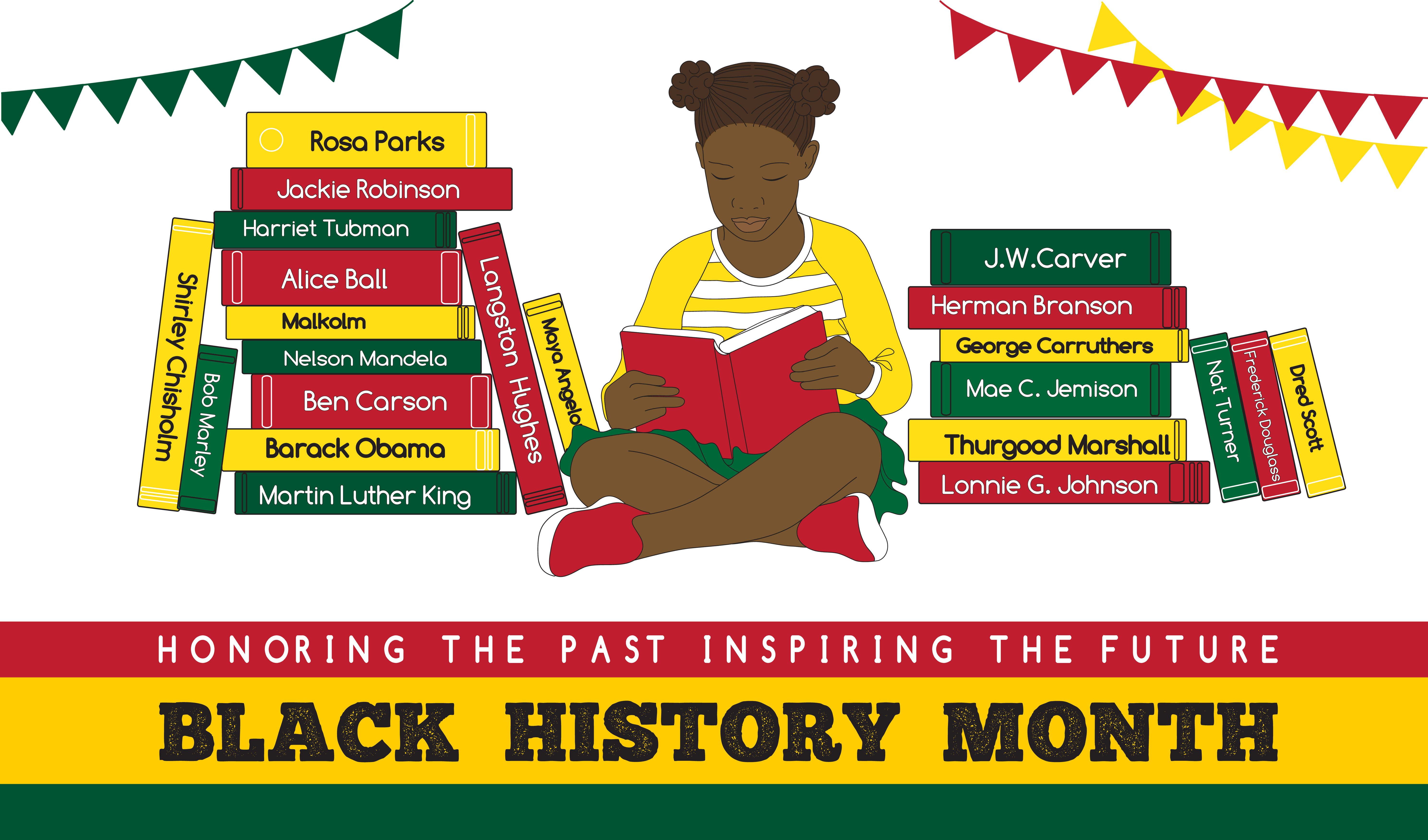Shape Recognition Normal Worksheets for Ages 5-9
48 filtered results
-
From - To
Boost your child's cognitive skills with our Shape Recognition Normal Worksheets for Ages 5-9. Crafted to enhance visual learning, spatial awareness, and cognitive development, these worksheets engage children through fun, age-appropriate activities. Ideal for early learners, they cover basic shapes, encouraging kids to identify, trace, and draw. Easy to follow, these resources are perfect for both classroom and home use. Step into a world of colorful, educational fun and watch your child master shape recognition — a crucial foundation for future mathematical learning. Start your child’s journey to success today with our expertly designed worksheets!
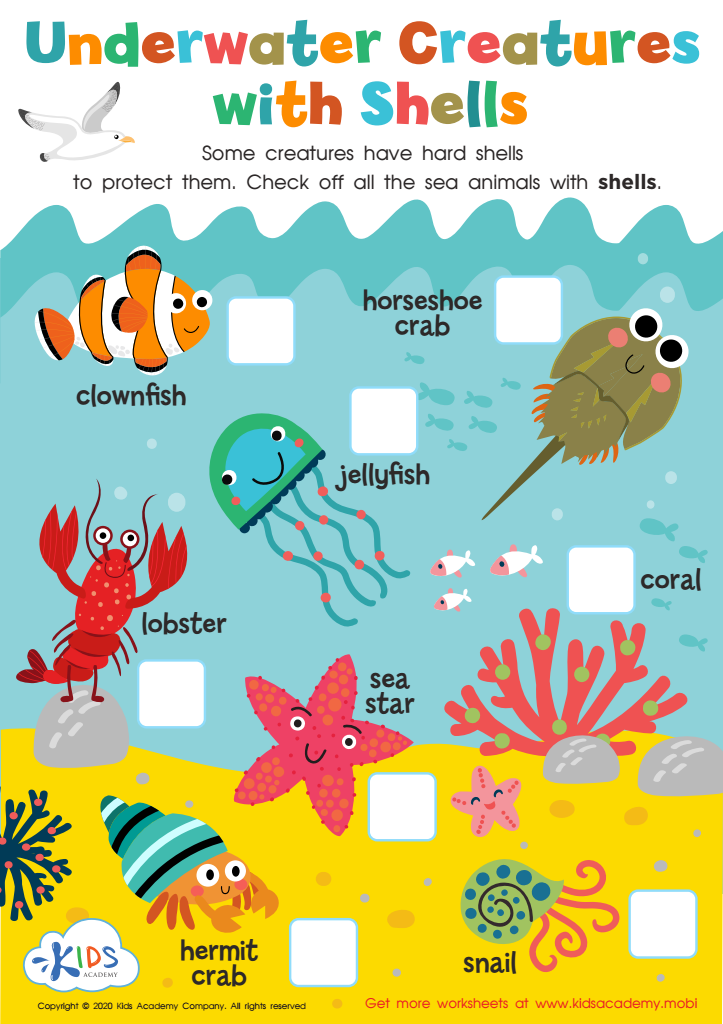

Underwater Creatures with Shells Worksheet
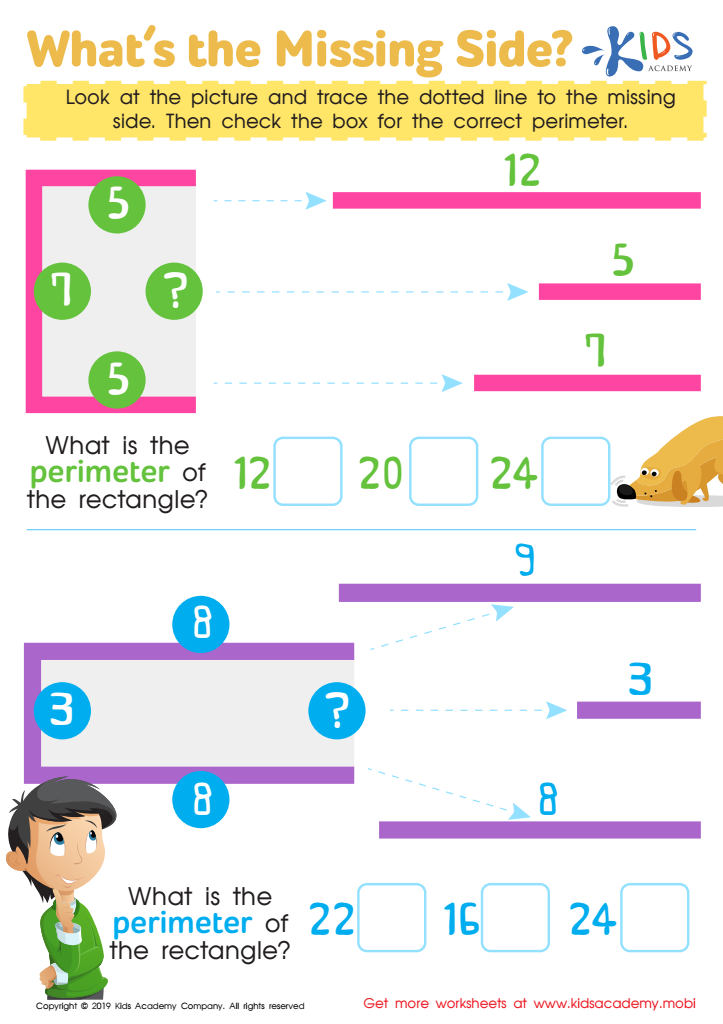

What's the Missing Side Worksheet
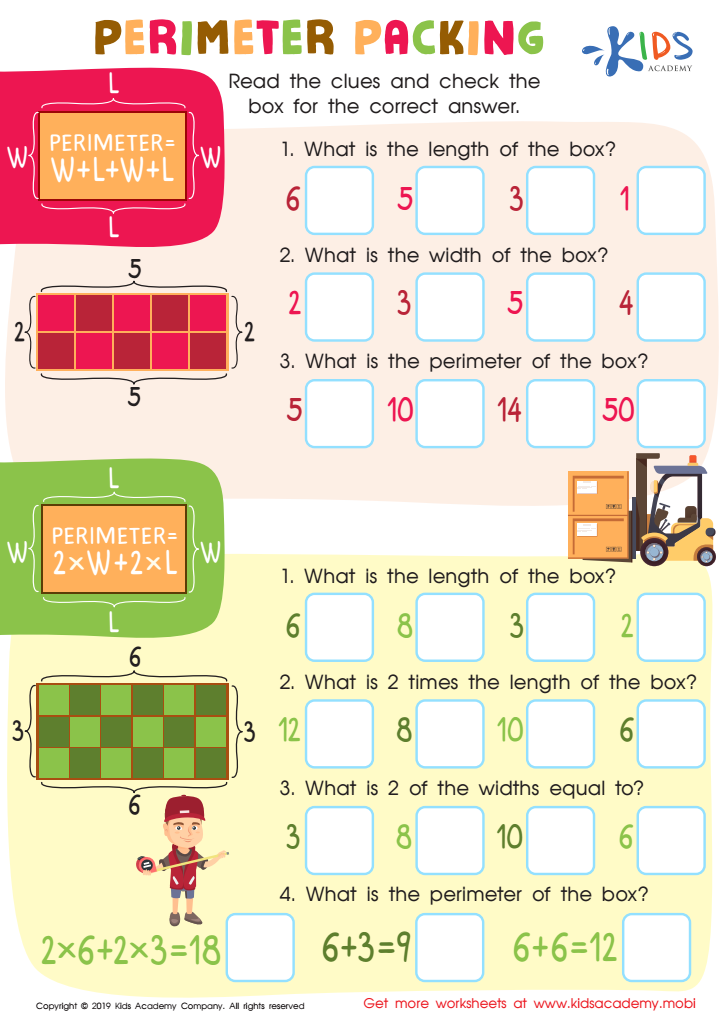

Perimeter Parking Worksheet
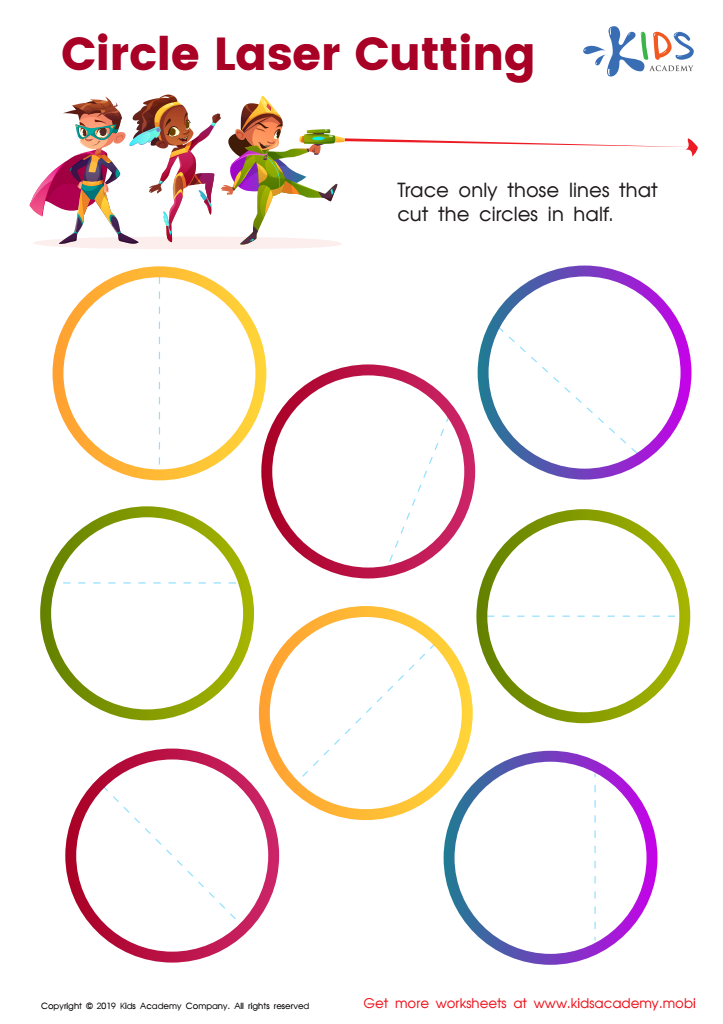

Circle Laser Cutting Worksheet
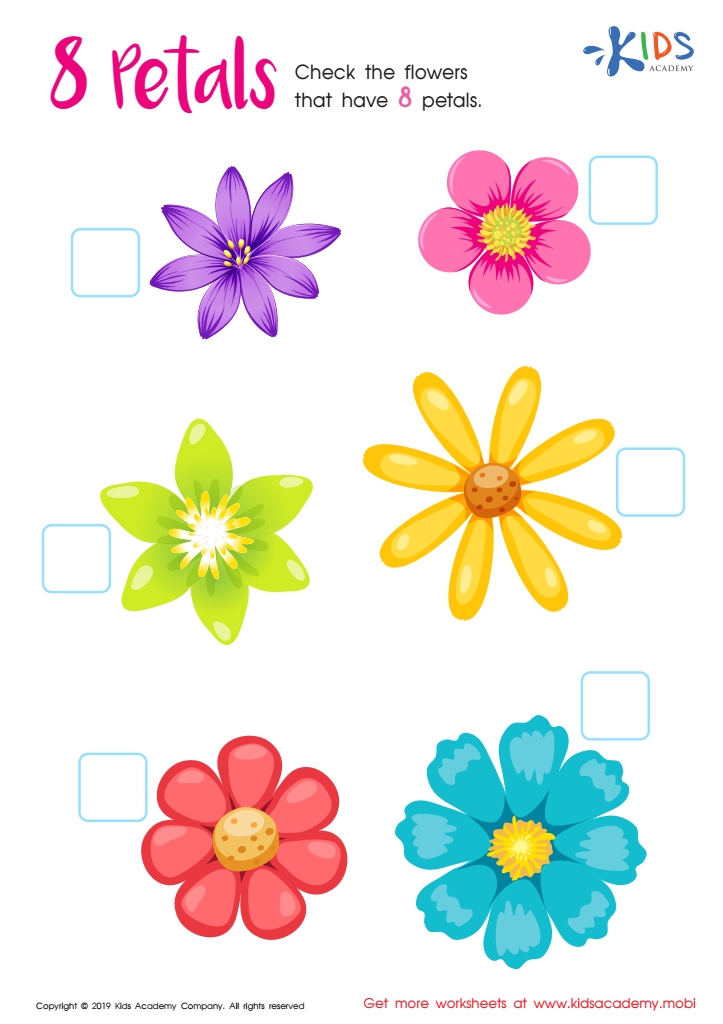

8 Petals Worksheet
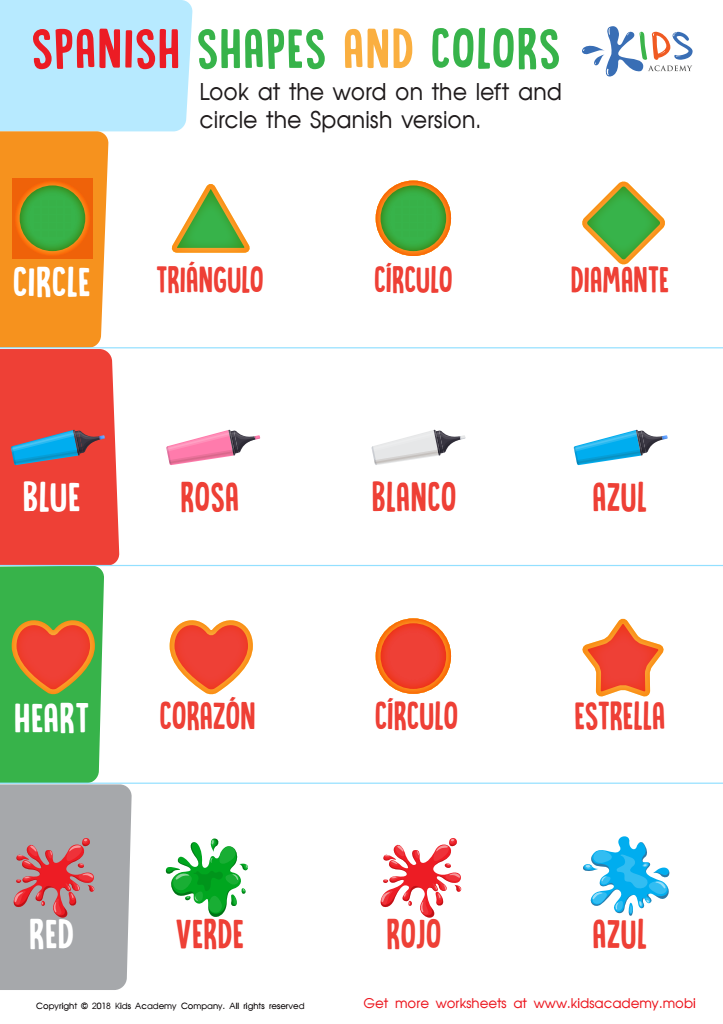

Spanish Shapes and Colors Worksheet
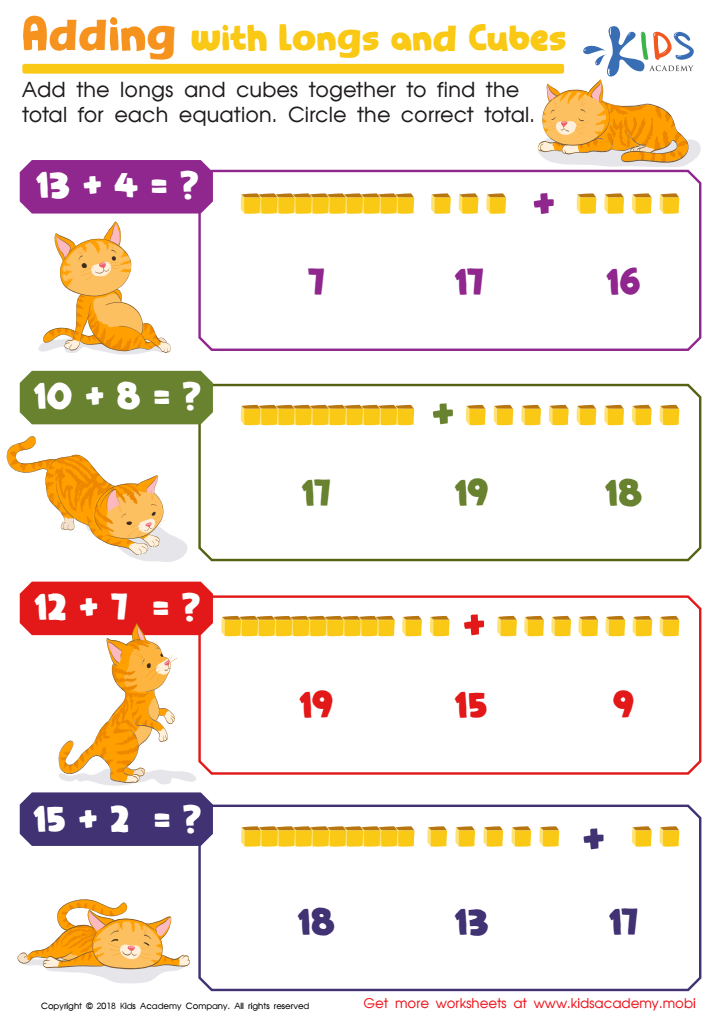

Adding With Longs and Cubes Worksheet
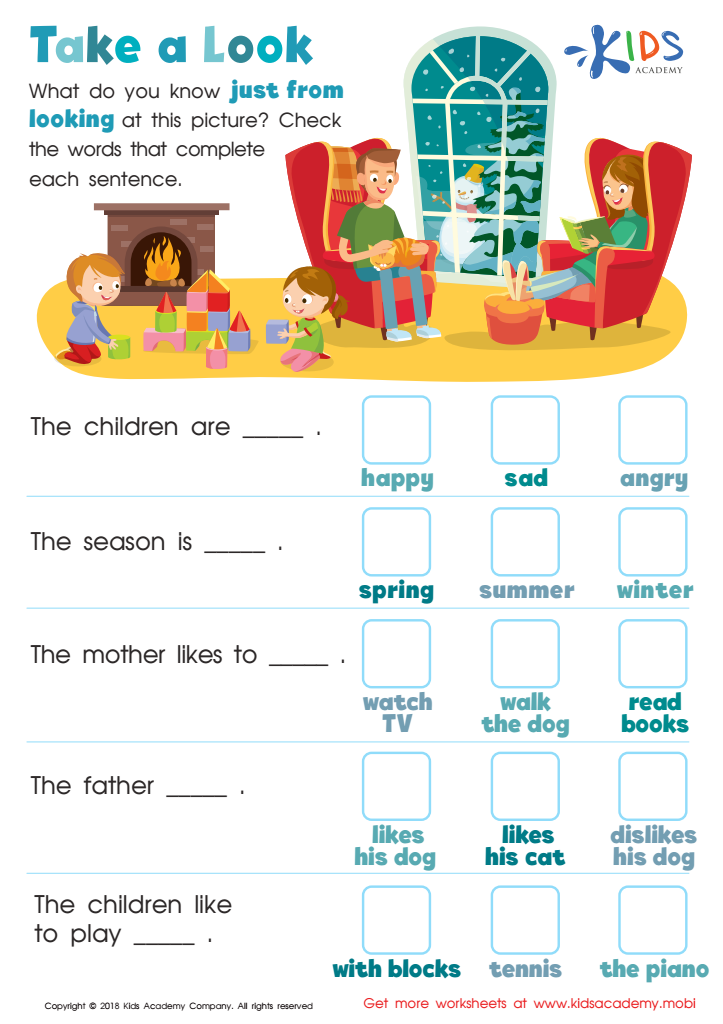

Take a Look - Part 1 Worksheet
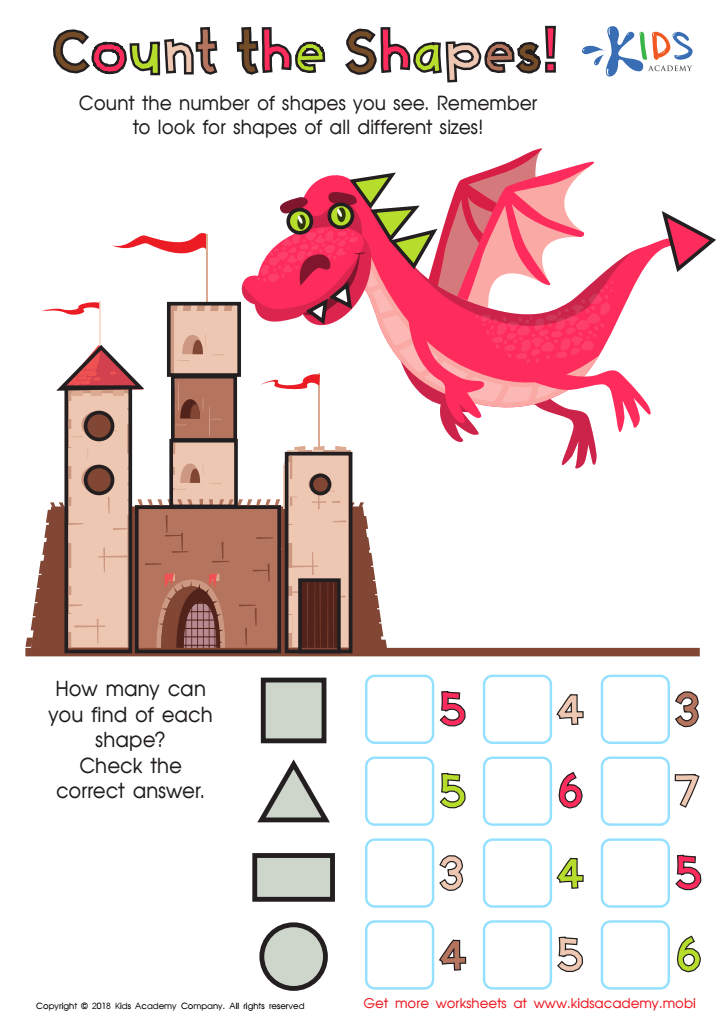

Count the Shapes Worksheet
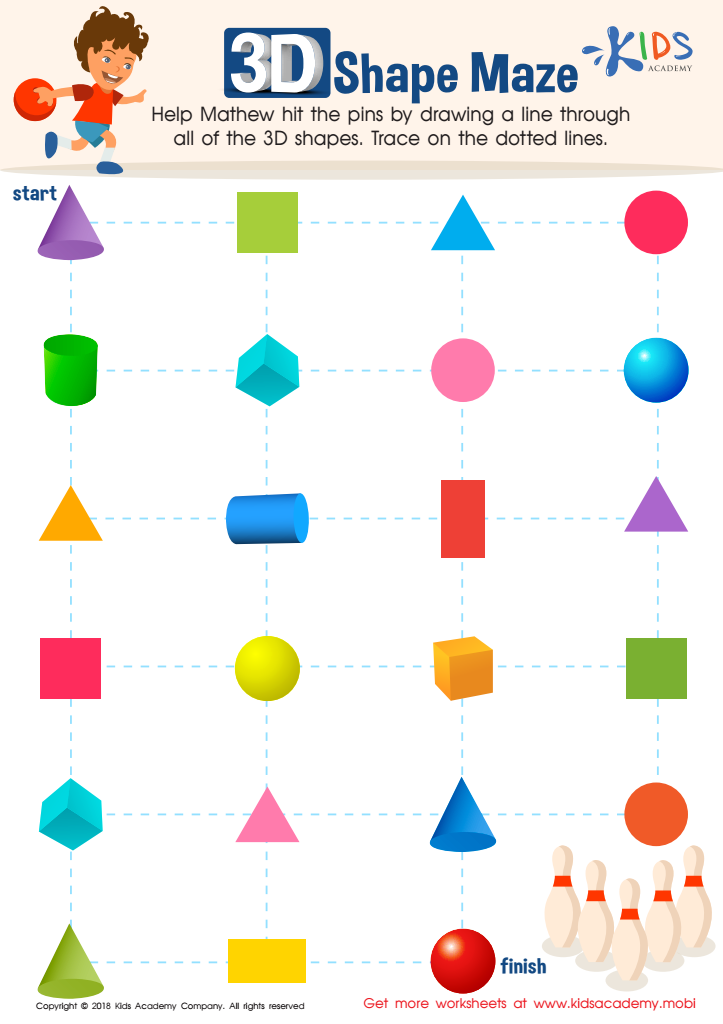

Shapes Maze Geometry Worksheet
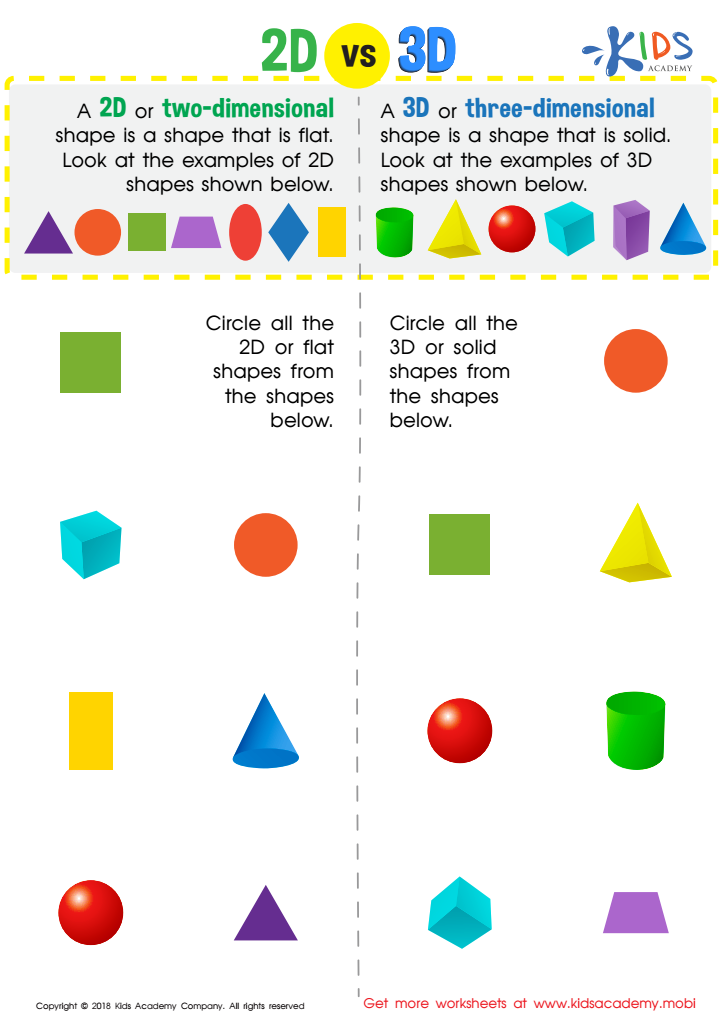

2D vs 3D Shapes Worksheet
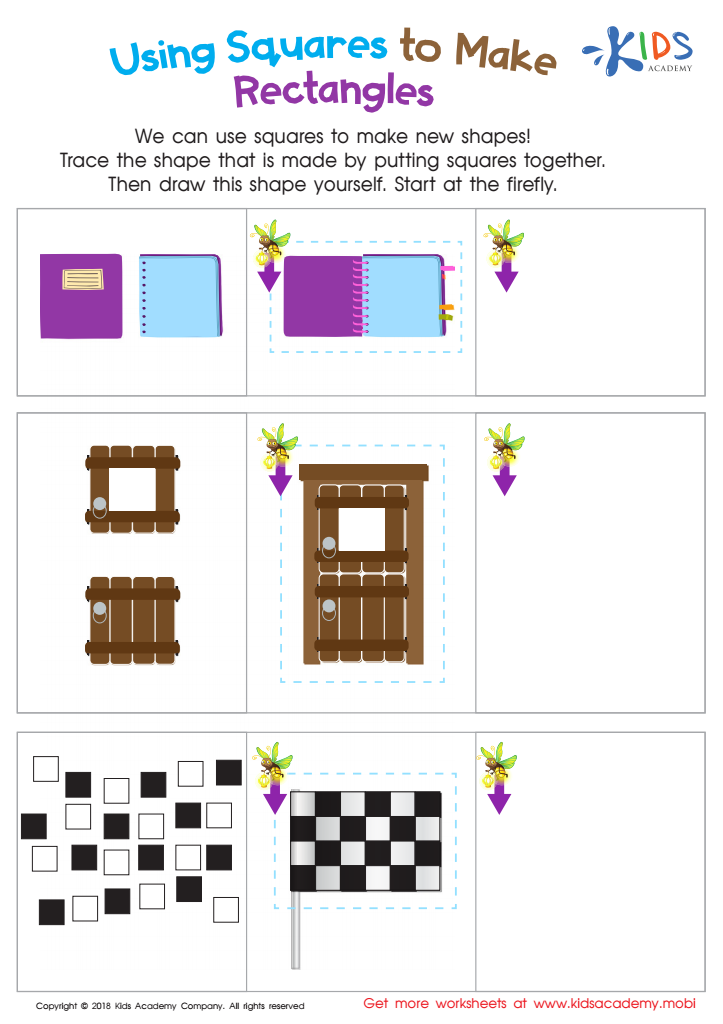

Using Squares to Make Rectangles Worksheet
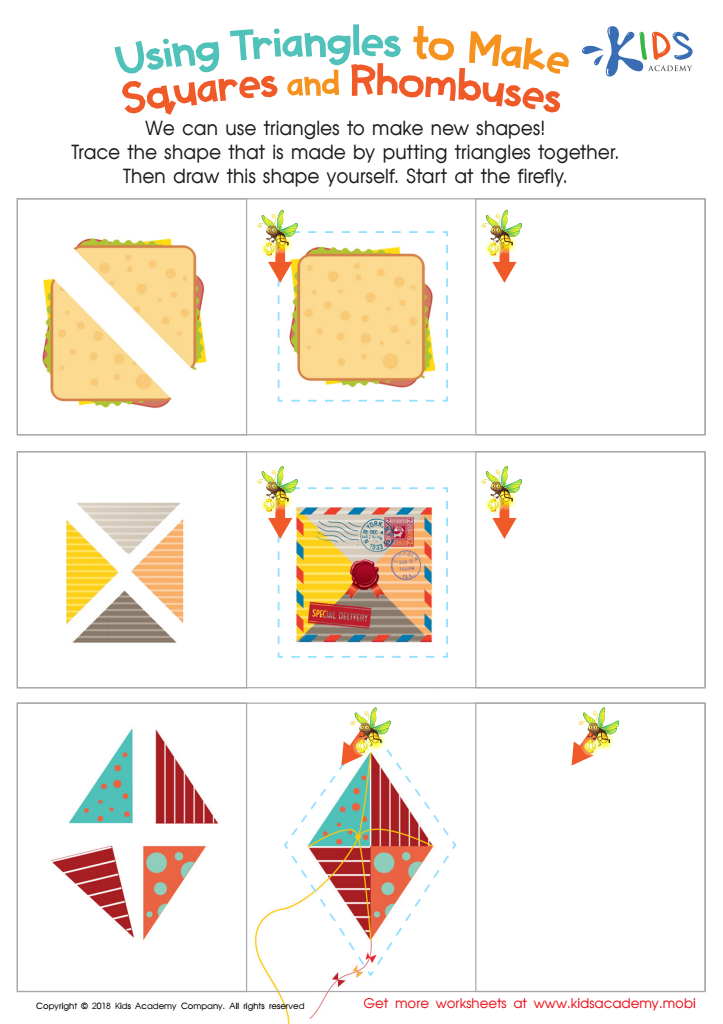

Using Triangles to Make Squares and Rhombuses Worksheet
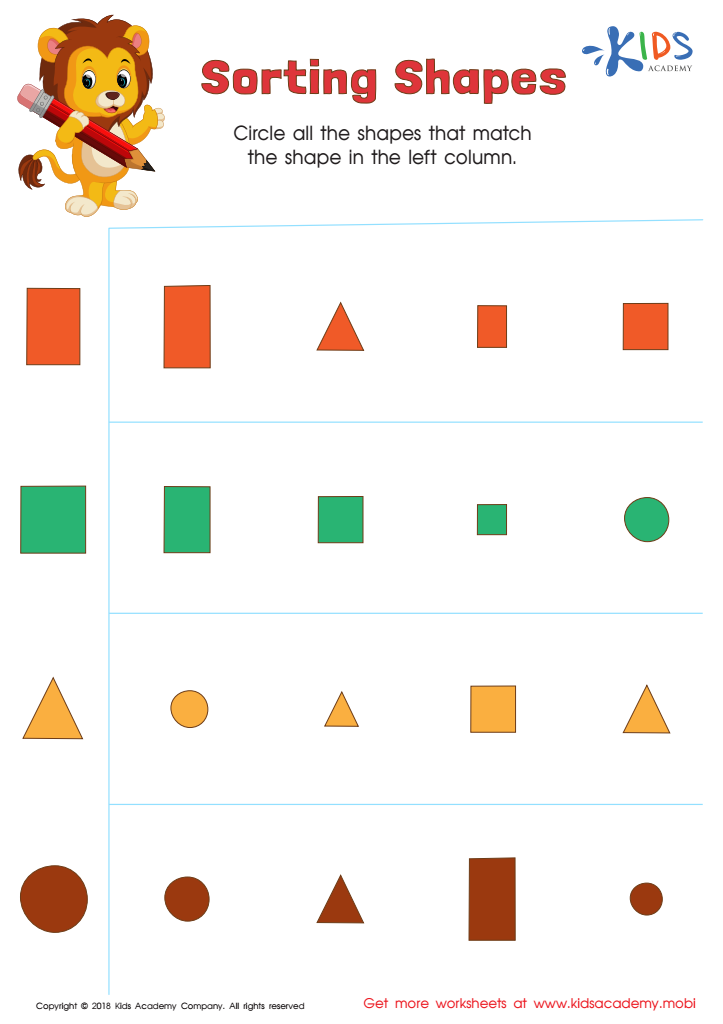

Sorting Shapes - Part 2 Worksheet
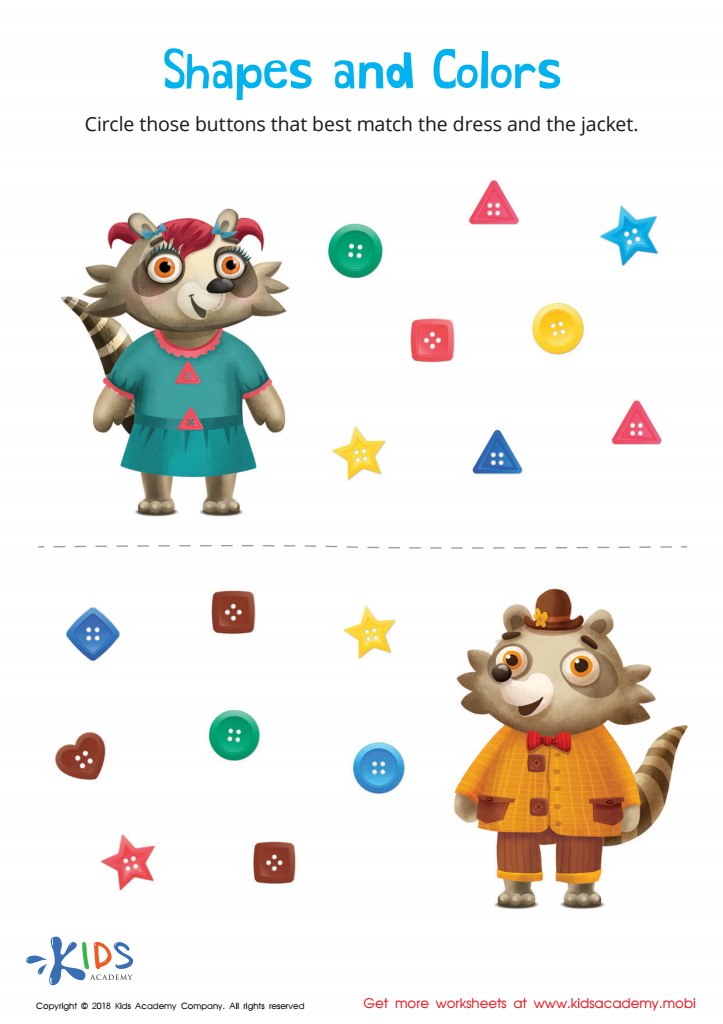

Shapes and Colors Worksheet
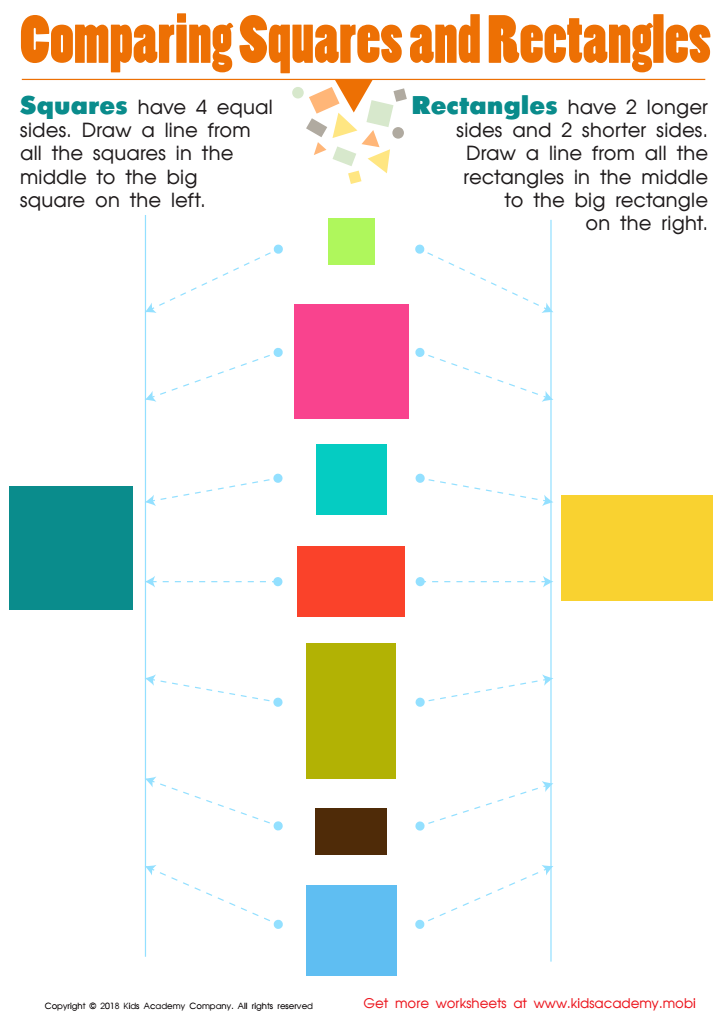

Comparing Squares Rectangles Worksheet
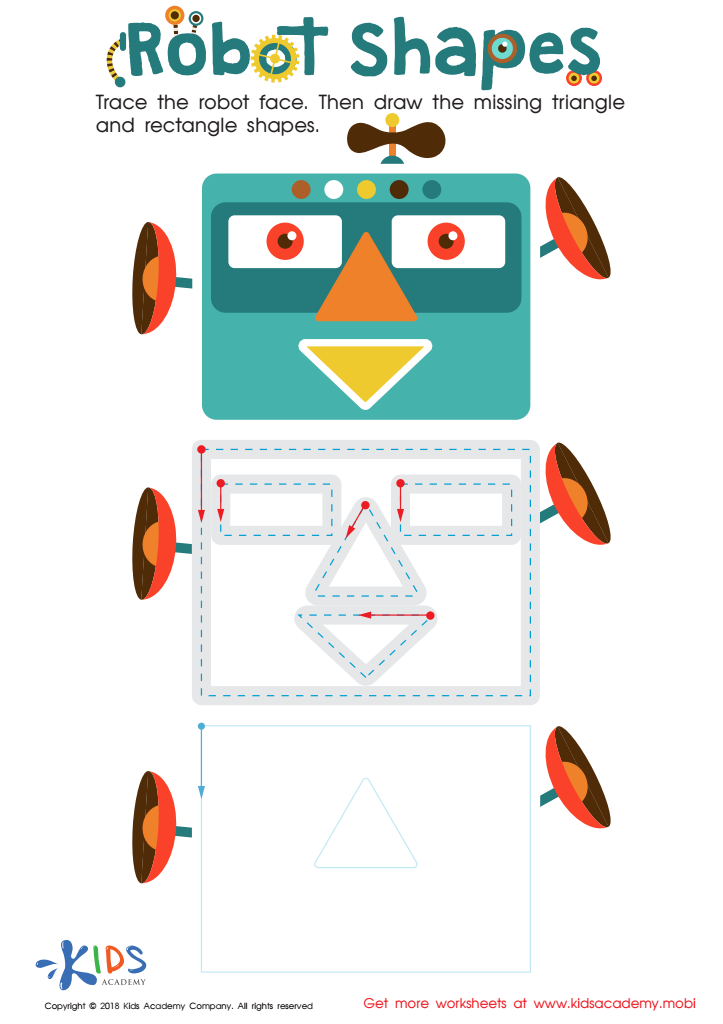

Robot Shapes Worksheet
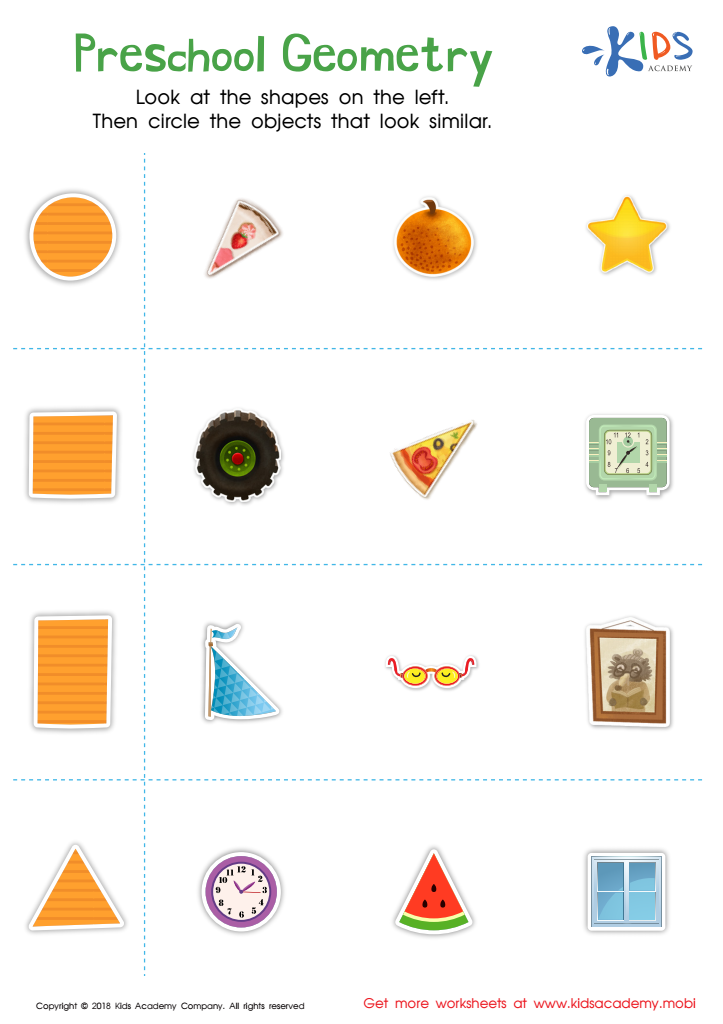

Preschool Geometry Worksheet


Will It Make a Shadow? Worksheet
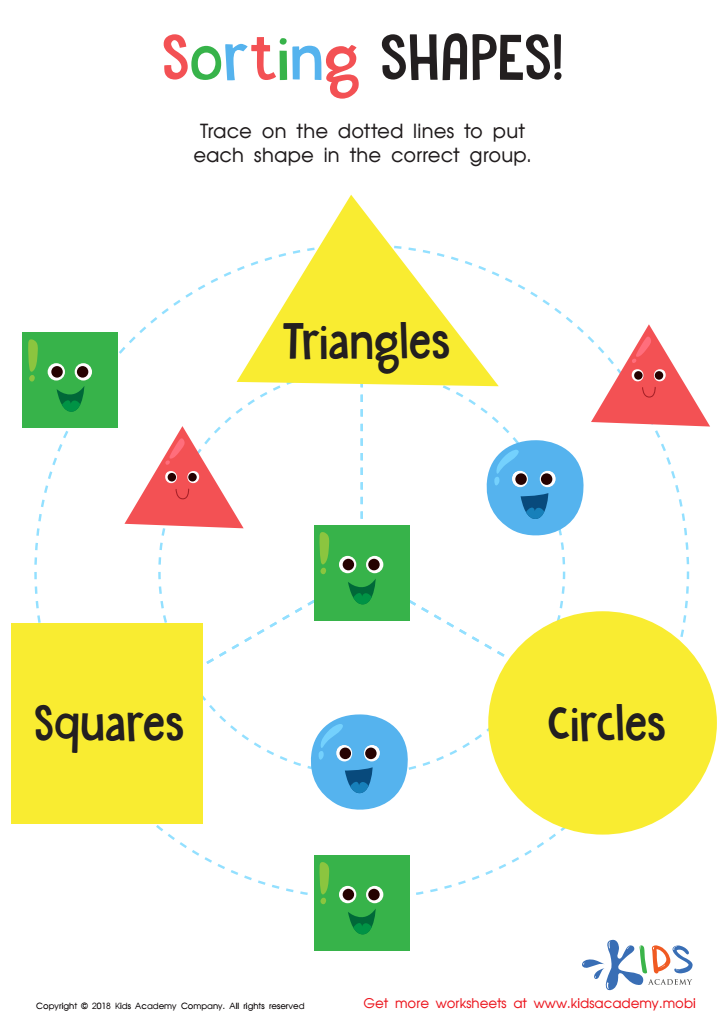

Sorting Shapes - Part 3 Worksheet
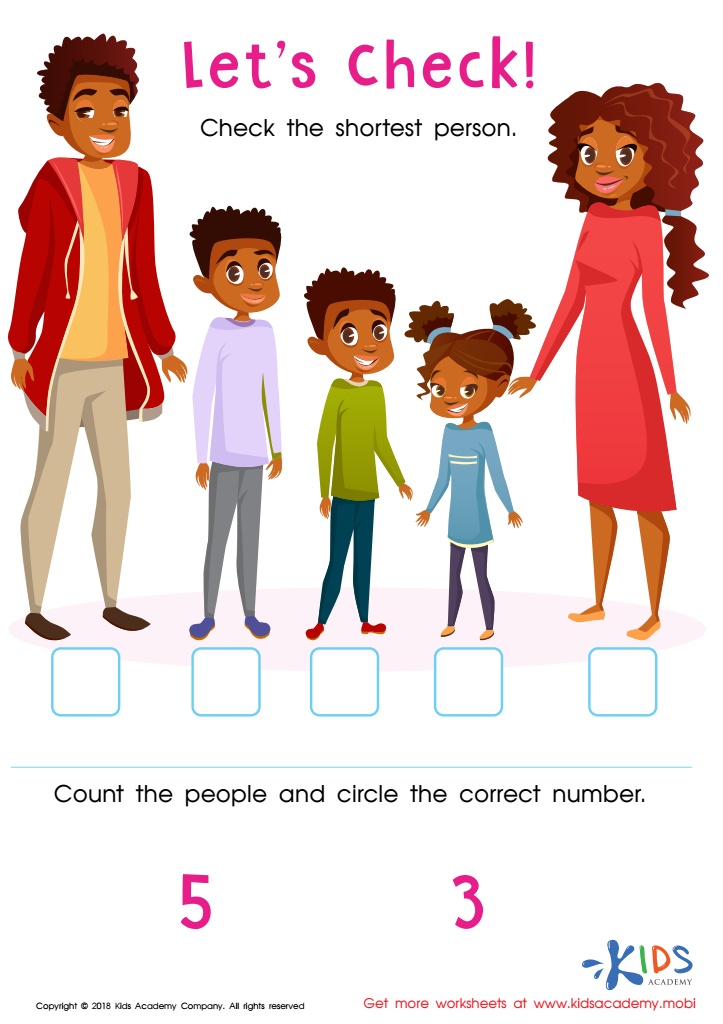

Let's Check! Assessment Worksheet
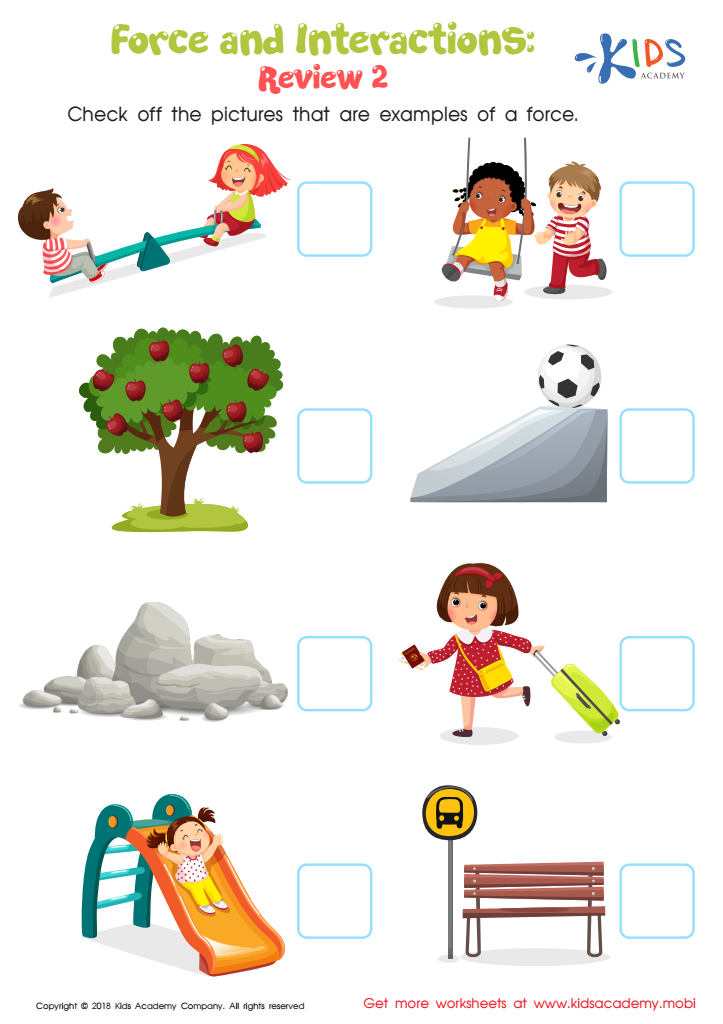

Force and Interactions: Review 2 Worksheet
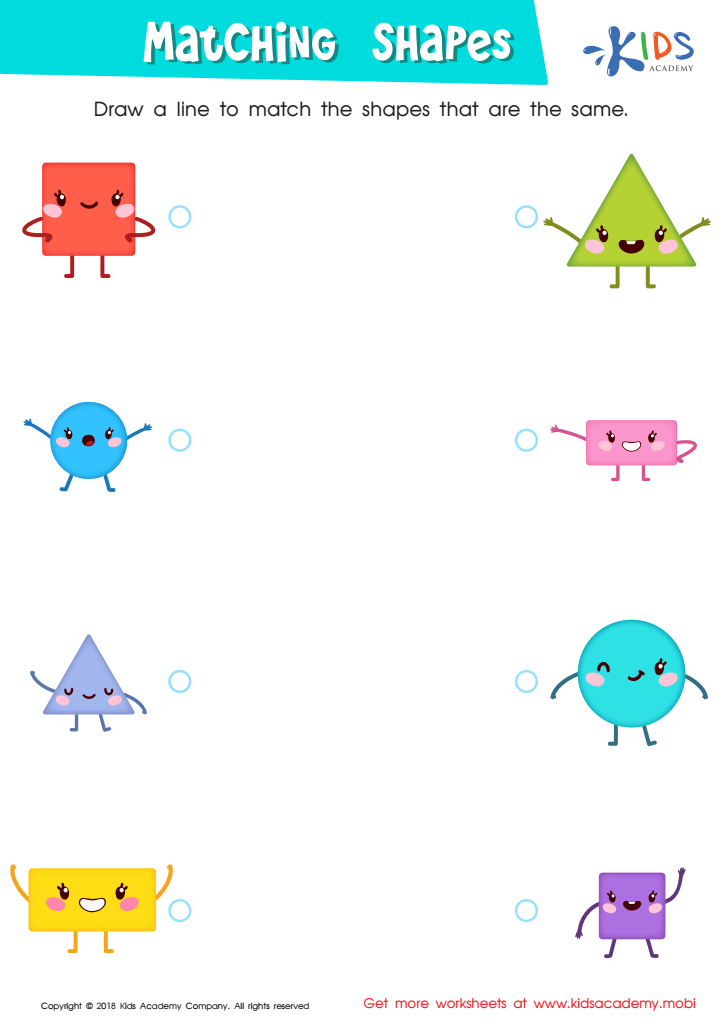

Matching Shapes Worksheet
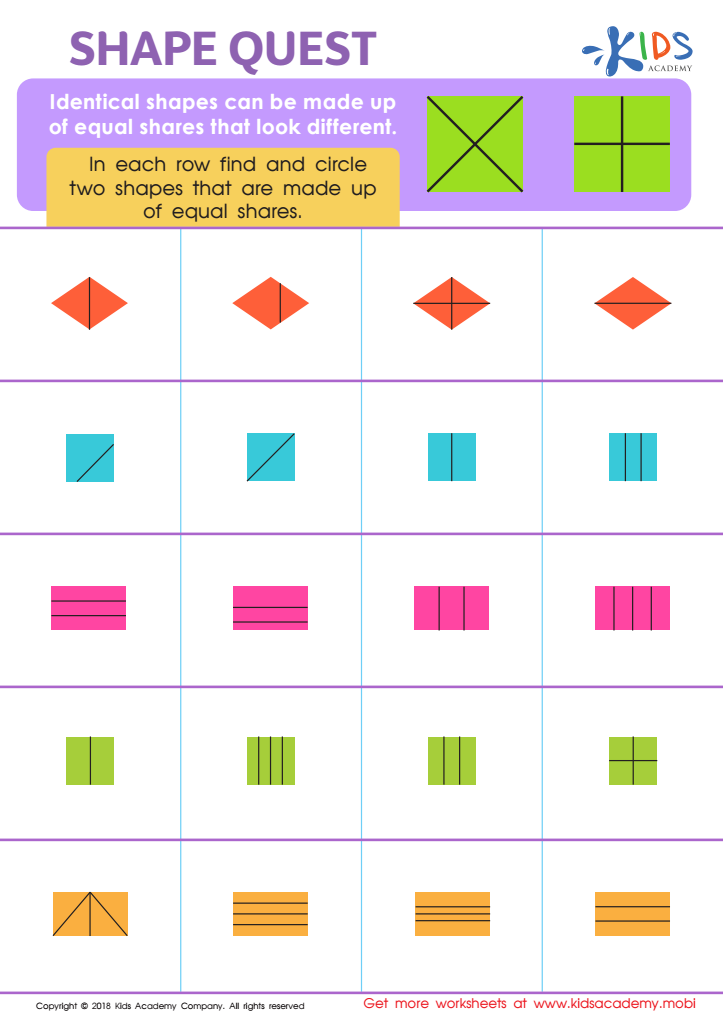

Shape Quest Worksheet
Shape recognition is a vital aspect of cognitive development for children ages 5-9, and it’s crucial for both parents and teachers to appreciate its significance. At this developmental stage, children are building foundational skills that influence their academic and everyday lives. Recognizing shapes aids in the enhancement of mathematical understanding; knowing shapes helps children grasp more complex mathematical concepts, such as geometry, measurement, and spatial reasoning. These skills are directly tied to their ability to solve problems and think logically.
Furthermore, shape recognition supports language development and literacy. When children learn to identify and describe various shapes, they expand their vocabulary and enhance their descriptive language skills. This kind of communication is essential for effective interaction and comprehension.
Socially, recognizing shapes assists children in navigating daily life situations and environments. By understanding shapes, children become better equipped to follow instructions, such as "Clip the triangle piece," which enhance their ability to participate successfully in group activities or games.
Lastly, shape recognition is essential for developing fine motor skills. Activities like drawing, puzzle-solving, and block stacking require an understanding of shapes, which in turn develops hand-eye coordination and dexterity. Overall, early competence in shape recognition sets a fundamental groundwork for more advanced learning and function in society.
 Assign to My Students
Assign to My Students






